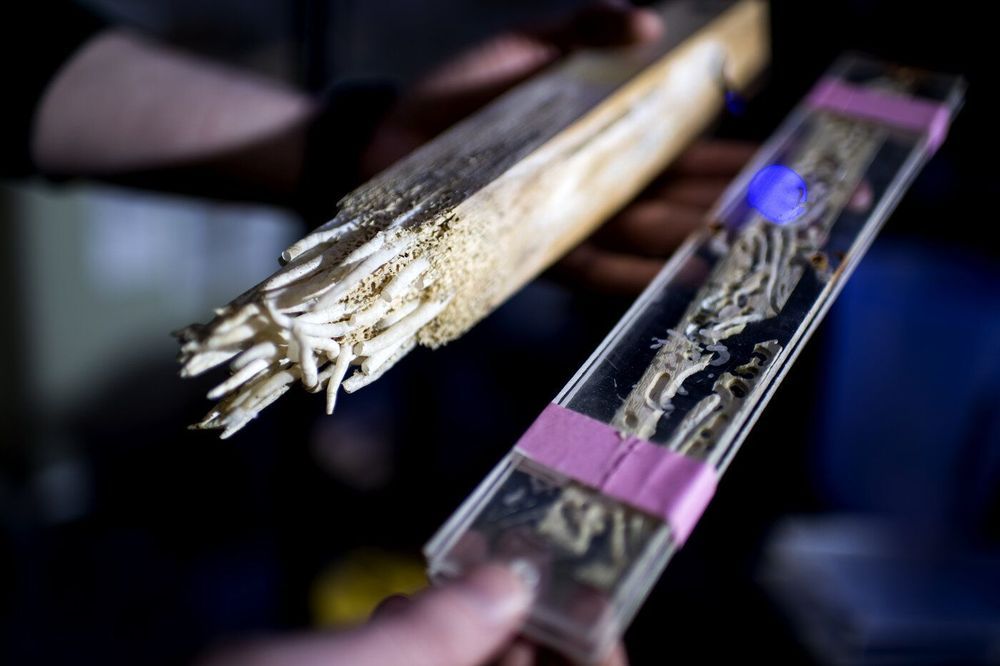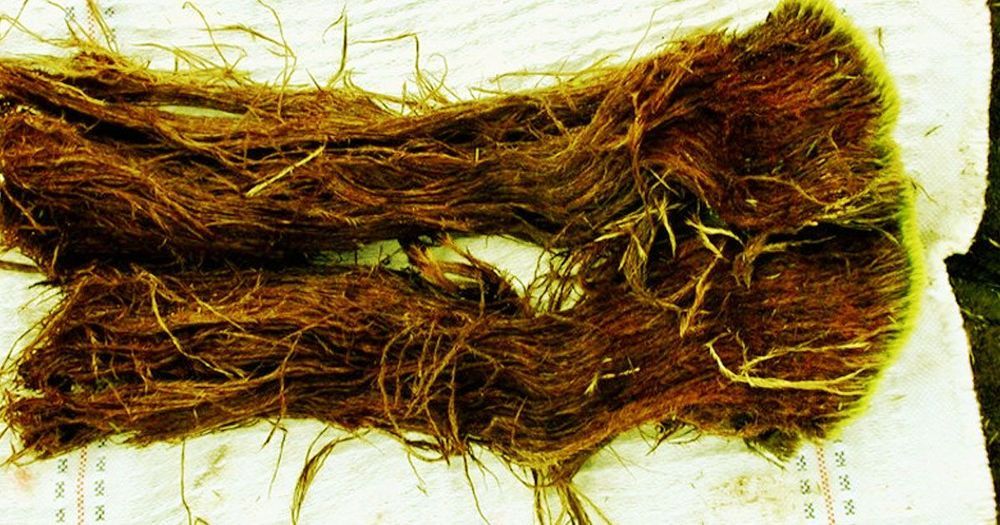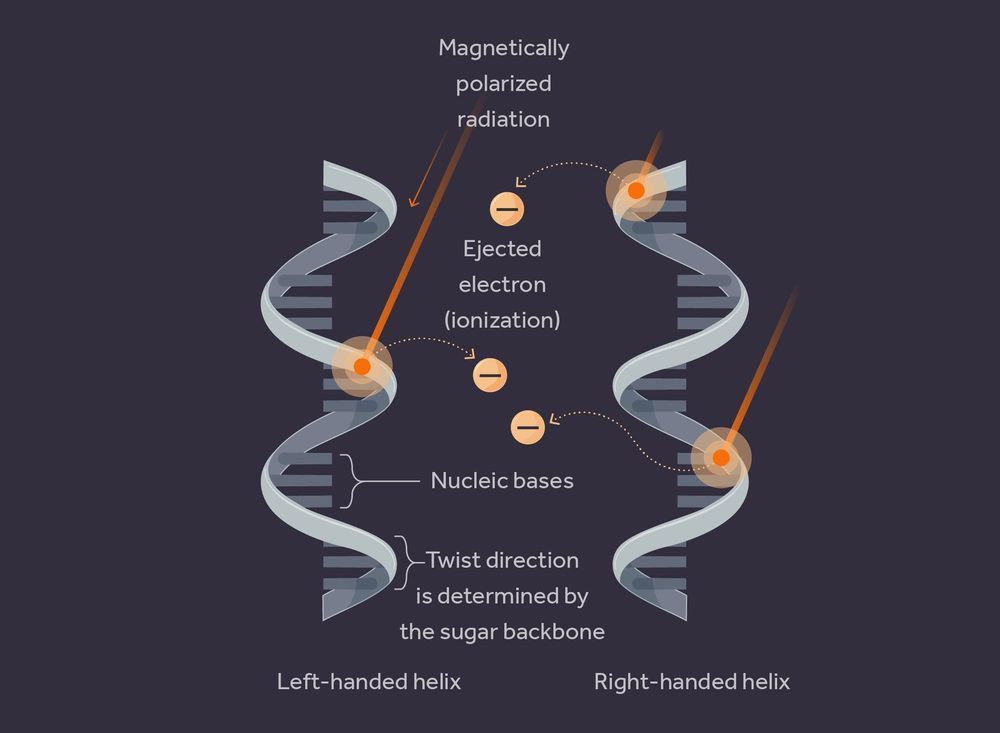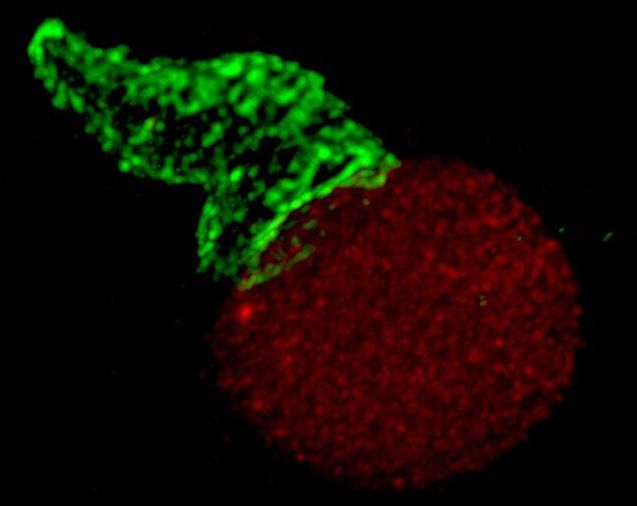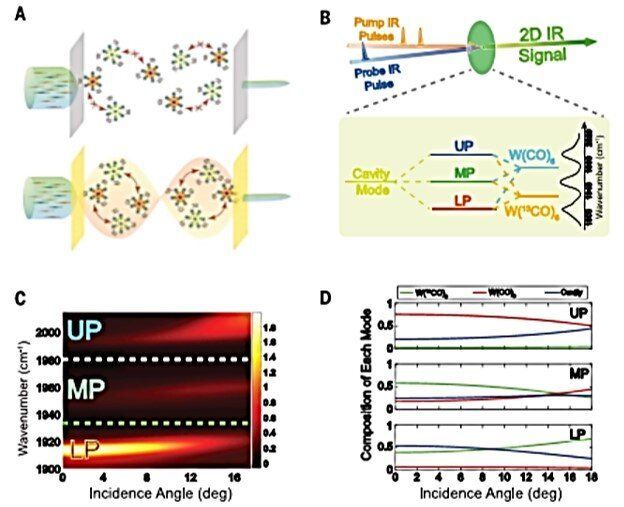I always enjoy the perspective of David Wood, and in this session of the London Futurists there is a panel discussion about genetic engineering in the future.
Our DNA is becoming as readable, writable, and hackable as our information technology. The resulting genetic revolution is poised to transform our healthcare, our choices for the characteristics of the next generation, and our evolution as a species. The future could bring breathtaking advances in human well-being, but it could also descend into a dangerous genetic arms race.
These claims are made in the recent book “Hacking Darwin: Genetic Engineering and the Future of Humanity”, https://hackingdarwin.com/ by Technology Futurist Jamie Metzl, https://jamiemetzl.com/
Jamie’s view is that society isn’t at all ready for the fast-approaching future of widespread genetic hacking.
Here is some feedback for his book:
